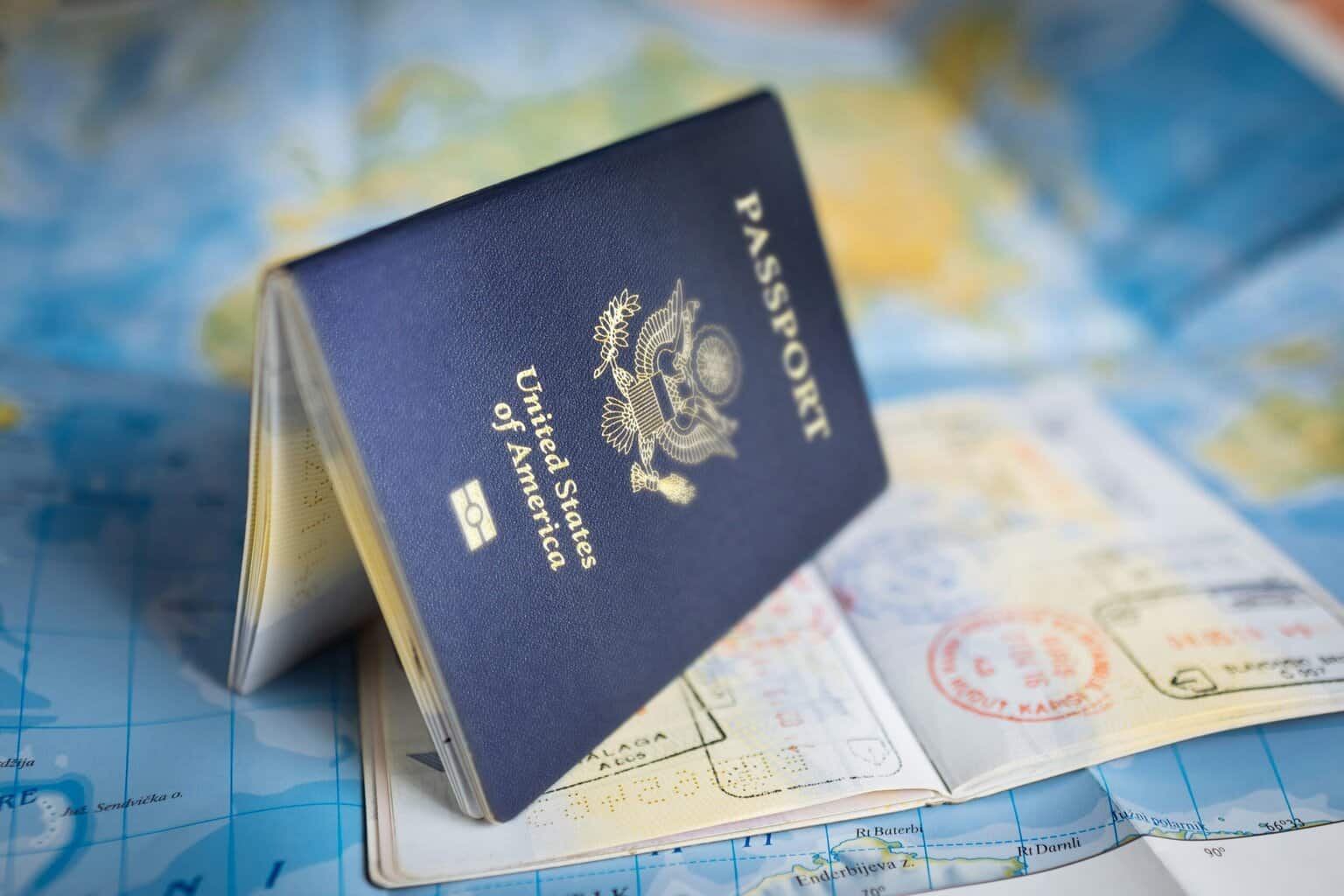The historic city of Santiago de Compostela is not only a pilgrimage destination but also a haven for those seeking to learn or discover the mysteries of the Galician language.
Galician language flourished during the Middle Ages – yes, it is actually older than Spanish! Although it has weathered linguistic transformations, it has preserved its distinctiveness amidst the linguistic diversity of the Iberian Peninsula. Nowadays Galician coexists alongside Spanish as co-official languages in the region.
In Galicia, there’s a fluid and natural integration of both languages, and locals switch between Galician and Spanish seamlessly, often within the same conversation.
One of the first things you’ll notice of the Galician language is its distinctive phonetic features. From the soft lilt of the “ch” sound to the melodic cadence of the vowels, Galician pronunciation carries an enchanting rhythm that captivates those who listen. It is said that Galician sing as they speak – and it definitely sounds like it! Exploring these phonetic nuances provides a deeper appreciation for the linguistic artistry embedded in the daily conversations of Santiago de Compostela.
Santiago de Compostela has always been the headstone of Galician literature, with its rich tradition of poetry, prose, and drama. Renowned Galician writers, such as Rosalía de Castro and Alfonso R. Castelao, have contributed significantly to the preservation and evolution of the language, and their works continue to resonate through the city’s bookstores and cultural events, bridging the gap between the Galician of the past and its contemporary form.
While the Galician language thrives in Santiago de Compostela, it faces challenges in the modern, globalized world. The influx of technology, media, and international influences poses a threat to the preservation of regional languages. However, Santiago de Compostela, with its unwavering commitment to Galician, stands as a beacon of resilience, finding innovative ways to integrate the language into the contemporary sphere.

From traditional music performances to folk dances, the city’s events and festivals showcase the linguistic and cultural vibrancy of Galicia, offering both locals and visitors a chance to immerse themselves in the rich tapestry of Galician traditions.
Can you hear it? Practice Spanish and Galician on the Camino!
Santiago de Compostela, with its ancient roots and modern spirit, creates a unique linguistic experience that resonates through its streets, schools, literature, and festivals. As we wander through the cobblestone paths of Santiago de Compostela, we not only discover the linguistic nuances of Galician but also witness a community dedicated to preserving the cultural richness embedded in its very words.
The Camino de Santiago is a fantastic collection of walking routes through Spain, and Follow the Camino has been sending people on The Way since 2007!
Our experts craft custom-made itineraries for every client. We incorporate your interests, preferred comfort level, and your ideal route into each journey.
Our Camino de Santiago tours can be guided or self-guided, with bag transfers, added rest days, longer or shorter distances, and more.
Contact our Camino experts now for more information on Camino de Santiago tours or our services, or request a free quote!
Buen Camino!







